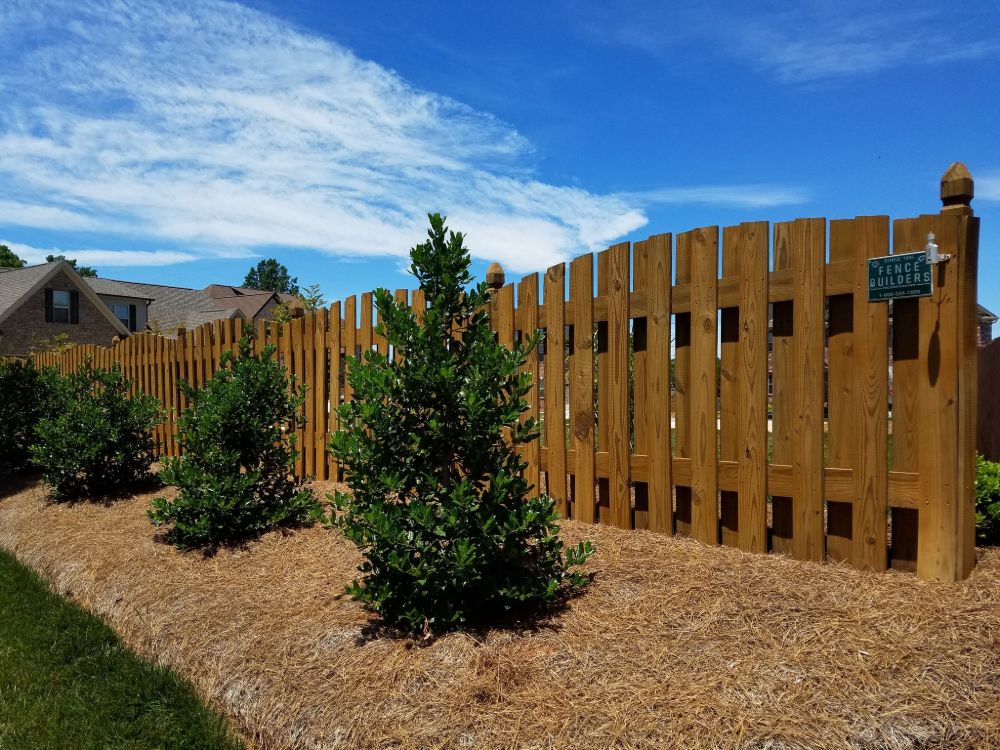Fence panels are a popular choice for homeowners looking to enhance the security, privacy, and appearance of their property. Available in a variety of materials and styles, they offer a convenient and efficient way to enclose a yard or garden. This article provides an overview of the different types of fence panels, their benefits, and factors to consider when choosing the right one for your home.

1. What Are Fence Panels?
Fence panels are pre-built sections of fencing near me that are designed to fit between posts. They come in various sizes and materials, allowing homeowners to create a fence that meets their specific needs. Whether you’re looking for privacy, a decorative boundary, or enhanced security, there is a fence panel type for every purpose.
2. Types of Fence Panels
Wooden Fence Panels
Wooden fence panels are a classic and versatile option. They offer a natural and warm appearance, making them a popular choice for residential properties. Wooden panels are available in different styles, including picket, solid, and ranch designs. They can be stained or painted to match the aesthetic of your home.
- Pros: Customizable, natural look, affordable.
- Cons: Requires regular maintenance (painting, sealing), can be prone to rot and pests.
Vinyl Fence Panels
Vinyl fence panels are known for their low-maintenance and durable qualities. Made from high-quality plastic, vinyl fences are resistant to weather, insects, and decay. These panels are available in various styles and colors, offering a clean, modern look.
- Pros: Low maintenance, durable, weather-resistant.
- Cons: Higher upfront cost, limited style options compared to wood.
Metal Fence Panels
Metal fence panels, such as aluminum and wrought iron, provide strength and security. These materials are incredibly durable and resistant to the elements. Metal fences are commonly used in areas where security is a priority, but they can also be decorative with intricate designs.
- Pros: Durable, secure, low maintenance.
- Cons: Can be expensive, less privacy (unless solid panels are used).
Composite Fence Panels
Composite fence panels combine wood fibers and plastic to create a strong, durable material that mimics the look of wood. These fences are resistant to fading, rotting, and pests, making them a great low-maintenance option. Composite fences are available in various colors and styles.
- Pros: Durable, eco-friendly, low maintenance.
- Cons: Expensive, limited availability.
3. Choosing the Right Fence Panel
When selecting the right fence panels for your home, consider the following factors:
- Purpose: Are you looking for privacy, security, or decoration? Solid panels provide privacy, while open-style panels like picket fences offer a decorative look.
- Material: The material you choose affects the fence’s durability, maintenance needs, and appearance. Wood is traditional and customizable, while vinyl and composite are low-maintenance. Metal fences offer security and strength.
- Budget: Fence panels come at various price points. Wooden panels tend to be more affordable, but require upkeep. Vinyl and metal fences typically have a higher initial cost but offer long-term savings on maintenance.
- Climate: Consider the weather conditions in your area. Vinyl and metal fences are resistant to harsh weather, while wood may need extra care in humid or wet climates.
4. Installation Tips
Installing fence panels is generally a straightforward process. It involves setting posts in the ground, attaching the panels between the posts, and securing everything in place. Be sure to measure accurately to avoid issues with spacing, and always check local regulations regarding fence height and placement.
